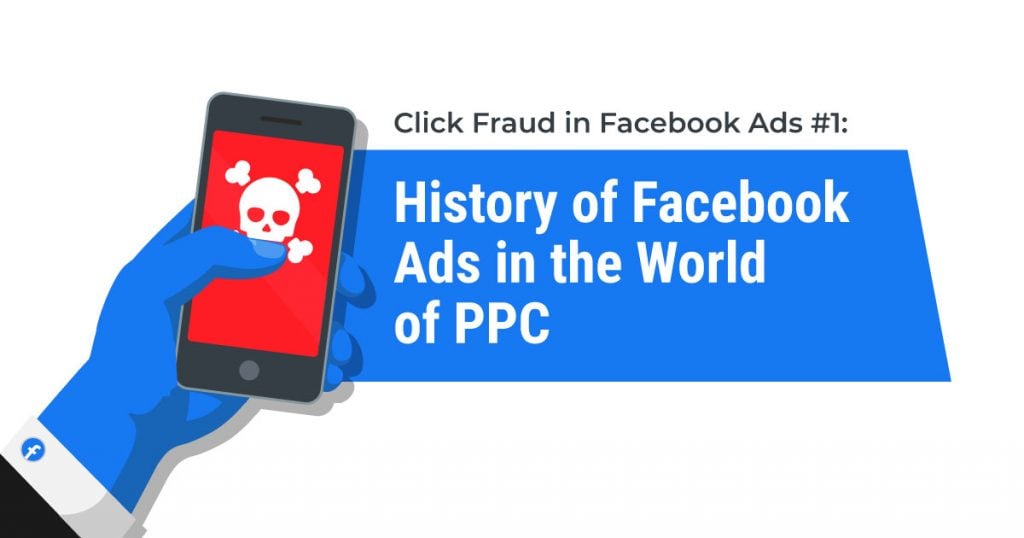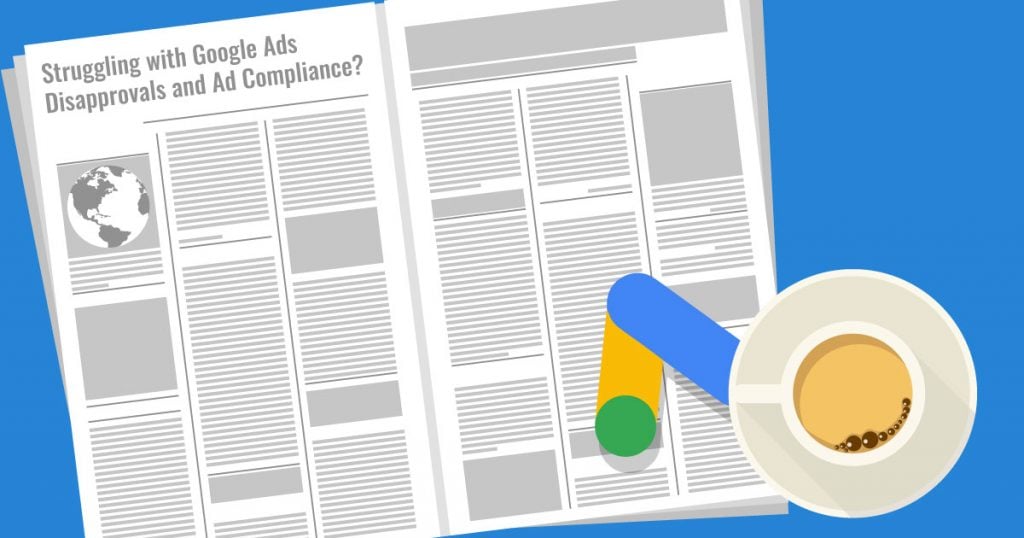Google Adwords can be a really great tool. It’s helping to revolutionize the way people do business online. For those that understand how to use it effectively, it can be an absolute gold mine.
The dream campaign is easy to visualize. You set up your page, it looks slick, and it’s easy to find your way to make a purchase on the site. You approach some high traffic websites, and you come to a fair agreement on the figure you will pay the publishers for attracting visits to your sites.
Your advertisement receives loads of visits, and you make unprecedented sales. You book a dream holiday to the other side of the world and ask yourself why you didn’t do this years ago. Simple, right? Well, no not quite.
Unfortunately, for newcomers, PPC advertising can be difficult to get just right. Just receiving good viewing figures is only half the battle. You’ve also got to sell some products, to justify the expense. This is easier said that done. There’s a whole lot of variables that can put a visitor off making a sale, and these all need to be put through a process of trial and error. It can take a very long time, and a lot of money, hosting poorly performing adverts while you tinker with the formula. Eventually, you’ll get it just right.
As specialists in the PPC advertising industry, we’ve put together a few of the most common rookie mistakes that can lead to poor conversion figures on your AdWords campaign. You’re most welcome:
Relying exclusively on broad match keywords
When advertising online, you want to really try and target customers likely to make a sale. Each time someone clicks your advertisement that has no intention of buying your product, you’re losing money. If you exclusively sell women’s sports equipment, and you use the words “female sports equipment” as a broad keyword, you will get A LOT of unwanted traffic.
You’ll receive people interested in women’s sporting events, you’ll get people who are wanting to buy men’s sporting goods, you’ll get people who want to buy winter sporting goods. Such exposure will be expensive. I think you can agree, those wanting to buy a snowboard will be unlikely to also be shopping for a lady’s swimming costume at the same time.
Instead, try to use more negative keywords and phrase, or exact match terms. In the simple example above, you could exclude “winter” and “men’s” and instead use the phrase match on “women’s sporting goods”. This will effectively narrow your search and exclude a large portion of potential unwanted traffic from your campaign.
Not A/B testing your pages
Trial and error is crucial for successful marketing. Just because you think it’s going to be effective doesn’t mean that it will be. Use the split-testing facilities on your PPC advertising client. Most of the main players feature testing facilities on their platforms. Don’t be afraid to experiment and try different ideas out. You’ll soon get hard data showing you which features work and which don’t.
Sending visitors to the wrong place
If you have a specific product that you’re advertising, let’s say a precise model of mobile phone, it is incredibly frustrating for a customer to have to find that product from your home page. This can result in a loss of sale for you. Instead make sure you link your product pages directly to the relevant adverts. It’s much more likely to lead to a sale if all the customer has to do is click “Buy Now” and head straight to the check out.



